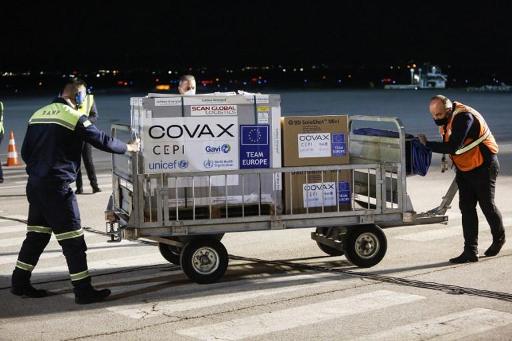Belgium will be donating four million additional coronavirus vaccines to COVAX, the worldwide collaboration initiated by the World Health Organisation and the United Nations to make vaccines available to all countries.
From the start of July, Belgium will be offering its surplus Johnson & Johnson and AstraZeneca vaccines to the cause, Development Minister Meryame Kitir said on Radio 1 on Monday.
"We will be donating these two vaccines and will start in July by giving 100,000 doses of AstraZeneca and then we will discuss with the vaccine task force to see what we can donate moving forward," she said.
She added that, although Belgium is facing some delays with vaccine deliveries, "other countries in certain parts of the world have not even started with a vaccine rollout yet, because there are no vaccines available to them."
Related News
- Half of adult population in Belgium partially vaccinated
- Belgium needs to aim for 85% to 90% vaccination, experts say
- Wanted: Volunteers to test vaccine cocktail
The European Union also announced it would be donating at least another 100 million doses by the end of this year, mainly AstraZeneca's coronavirus vaccines.
According to Kitir, COVAX has requested these two vaccines, as they don't have to be stored in freezers. The administration process is more simple for these two vaccines as well.
However, in Belgium, both the AstraZeneca and Johnson & Johnson doses have been limited to people aged over 40, and in most developing countries, the population is often younger.
"We have the luxury in Belgium to choose which vaccines to use for certain age groups. It would be unethical if we did not use those vaccines for this reason, especially as the risk connected to the AstraZeneca injection is very low.," said Kitir.
She emphasised that focusing only on vaccinating in developed countries creates a "false sense of security", as leaving many people unvaccinated also leaves the door open for mutations.
"We have been lucky so far that the vaccines protect against mutations, but we need to stop new strains from being formed," she added.

